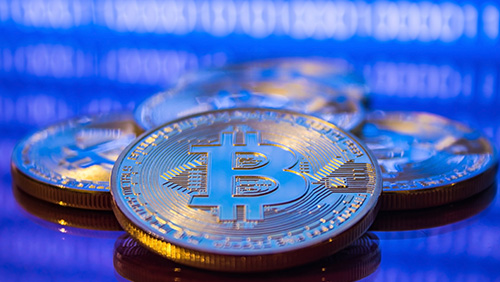Taking cues from the Philippines and China, the government of the United Arab Emirates says it is considering forming a regulatory framework that will focus on the usability of bitcoin and operations of digital currency exchanges.
Several weeks ago, the Central Bank of UAE published a document, the “Regulatory Framework for Stored Values and Electronic Payment System,” containing its “vision of leading market adoption” of digital payments and fintech technologies within the country. One section of the document explicitly prohibits the use of virtual currencies, which, of course, resulted in controversial discussions and companies asking the central bank if the bill considers bitcoin and other digital currencies currently in existence.
Central Bank Governor Mubarak Rashed Khamis Al Mansouri confirmed that the document doesn’t consider digital currencies, but he stressed that the central is carefully considering legalizing bitcoin as well as “developing necessary regulatory frameworks for businesses and exchanges to comply with.”
The legality of bitcoin in UAE is a case similar to that of the Philippines, before the Bangko Sentral ng Pilipinas (BSP) recognized the digital currency as a remittance network and legitimate payment method. And the Central Bank of UAE releasing a nationwide regulatory framework on bitcoin will be an approach similar to that of China, which recently started regulating the digital currency to ensure that traders remain in the exchange market.
